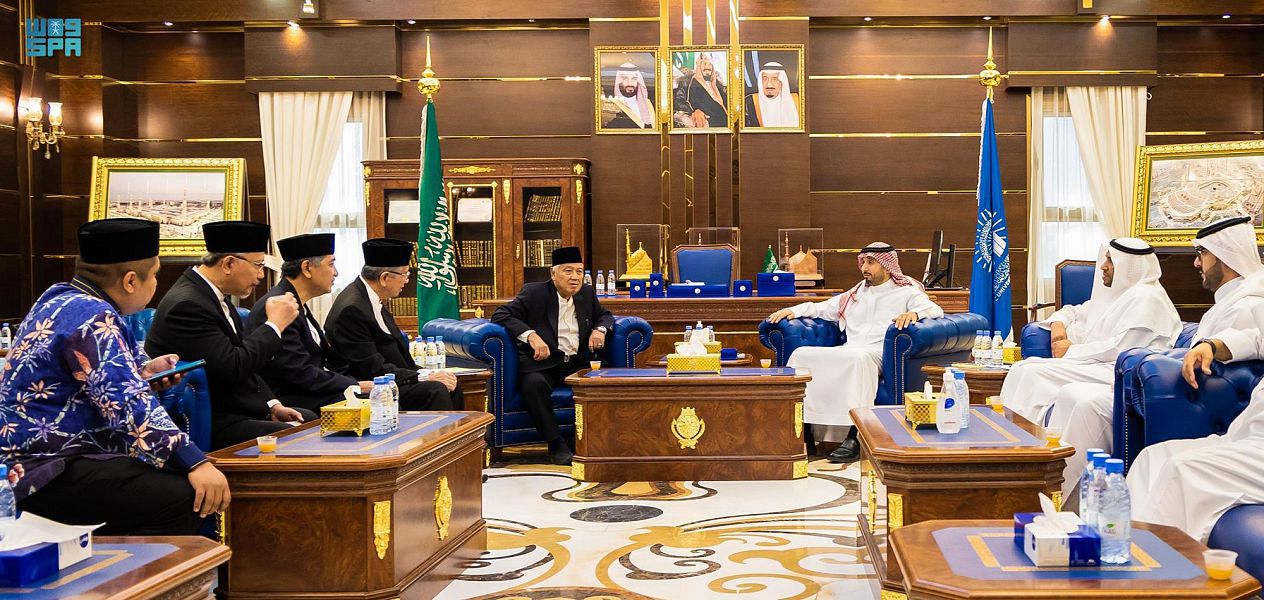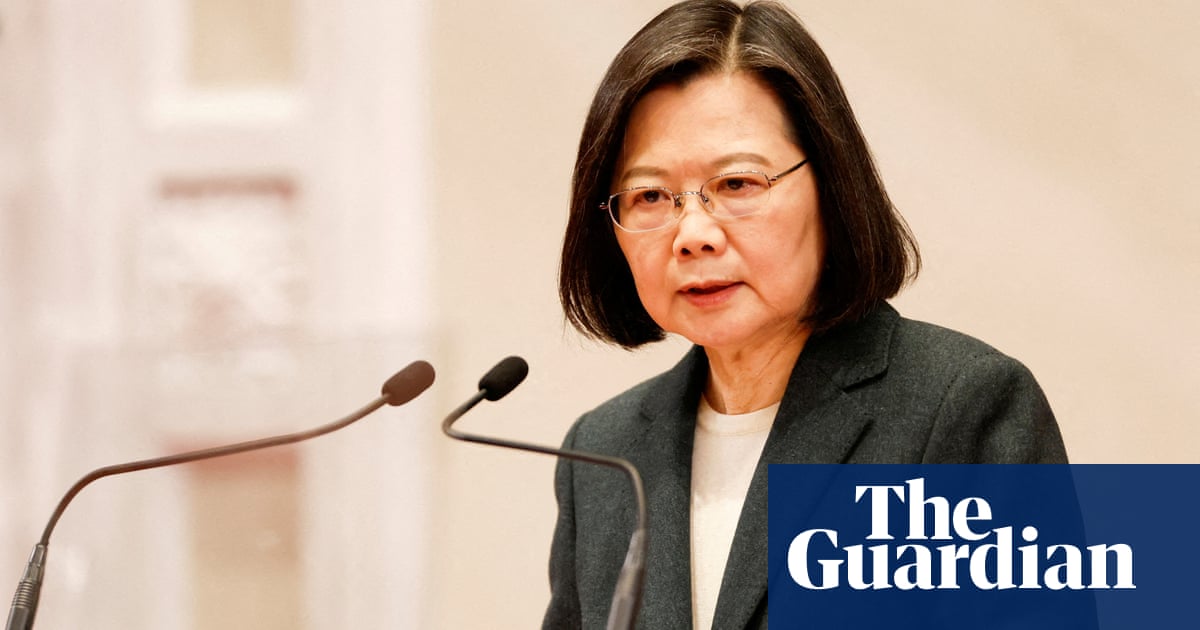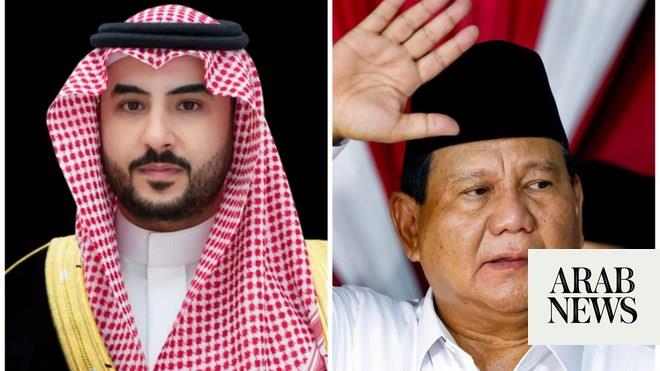
BEIJING: Indonesia’s President-elect Prabowo Subianto is expected to meet Chinese President Xi Jinping in Beijing on Monday for high-level talks, less than two months after winning the race to lead Southeast Asia’s biggest economy.
Prabowo is visiting at Xi’s invitation to discuss two-way ties, even though the 72-year-old political veteran will only be sworn in as the next leader of Southeast Asia’s most populous nation in October.
China becomes the first foreign nation Prabowo has visited as president-elect, ahead of Indonesia’s neighbors in the region, underlining the close partnership built up in the past decade under his predecessor, Joko Widodo.
In contrast, Jokowi, as the incumbent Indonesian leader is also known, did not travel abroad as president-elect before being sworn in.
But Jokowi’s first visit after his inauguration was to China, for an annual summit of Asia-Pacific Economic Cooperation (APEC) leaders in 2014. That was followed by six more through 2023.
China has become Indonesia’s top trading partner during the last decade, as its natural resources such as coal and nickel help to power the world’s second-largest economy.
China has also plowed billions into Indonesian infrastructure and industrial projects, including the Jakarta-Bandung high-speed railway.
Prabowo, now Indonesia’s defense minister, is widely seen by analysts to have the backing of Jokowi, who has bet on his former political rival-turned-ally to preserve his legacy.
But it remains to be seen how Prabowo will navigate other issues, including the jostling for influence between China and the United States in Southeast Asia.
Prabowo has previously said Indonesia was committed to its policy of non-alignment and would keep good ties with both China and the United States.
China’s expansive claims in the South China Sea may also present a test for his leadership, although the two countries’ overlapping claims there have not become a vociferous dispute as has unfolded in recent months between China and the Philippines.
Indonesia says the southern end of the South China Sea is part of its exclusive economic zone, and in 2017, named the area as the North Natuna Sea.
China rejects the claim, saying the area is within its territorial claim in the South China Sea marked by a U-shaped “nine-dash line,” a boundary the Permanent Court of Arbitration in the Hague has determined to have no legal basis.











